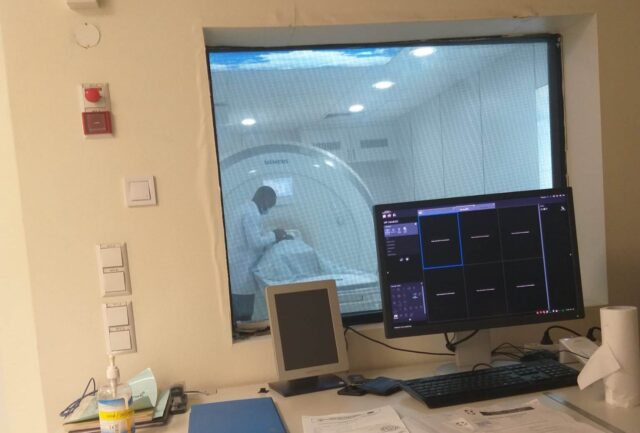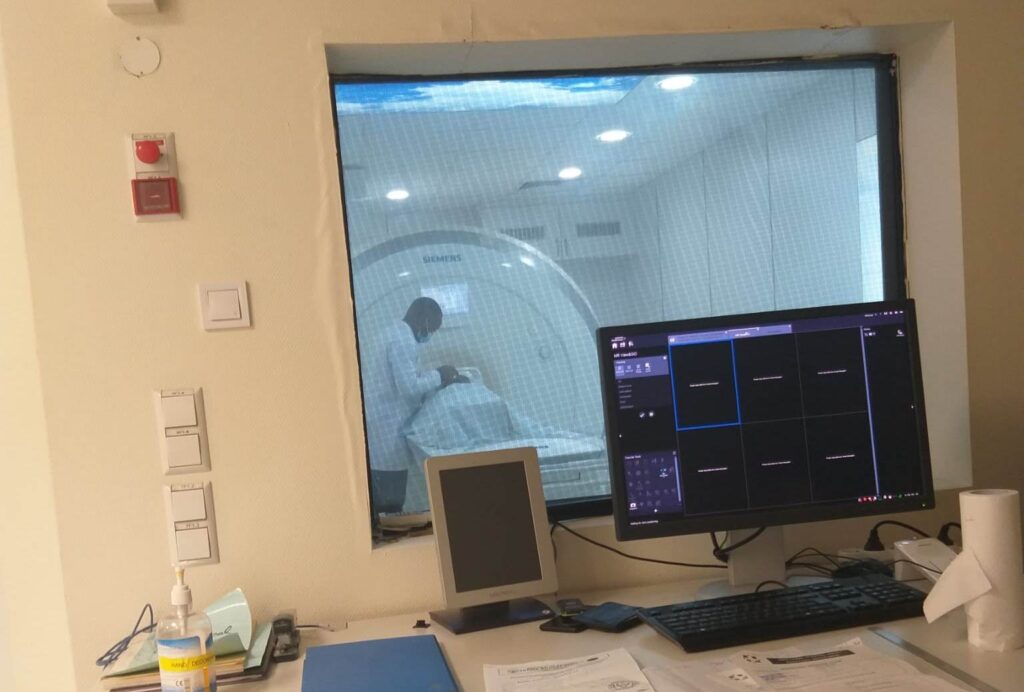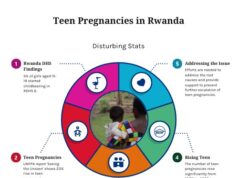
By Kelly Rwamapera
Research shows a staggering of over 76 per 1000 epilepsy prevalence in southern Rwanda, the highest ever recorded among all the previous epilepsy research conducted in Rwanda.
Neurologists are conducting Magnetic Resonance Imaging (MRI) of epileptic victims in Rwanda to establish the causes of high epilepsy in southern Rwanda.
The first nationwide epilepsy survey led by Rwandan Prof Fidele Sebera from 2005 reported a prevalence of 49 per 1000, 4.9 per cent of the total population by then.
Another door-to-door epilepsy survey conducted by a group of Belgian and Rwandan neurologists in Northern rural Rwanda in 2017 observed a prevalence of 47.7 per 1000.
The new survey with the “disturbing” results of 76.2 was carried out by several neurologists and neurology residents from Rwanda, led by Prof. Fidele Sebera, and several neurology experts from Ghent University Hospital, Belgium, led by Prof. Paul Boon and supported by Dr. Dirk Teuwen and Dr. Peter Dedeken.
The survey report suggests the cause of variation in epilepsy prevalence between northern and southern Rwanda could be because of “differential exposure to environmental and genetic factors,”
Dr Ieme Garrez, one of the leading experts in the research, said they are carrying out MRI imaging of the epileptic patients to establish the cause of high prevalence but wasn’t specific about the time to carry out genetic testing.
The MRI imaging exercise started at the end of 2022 and will cover 133 epileptic patients from the epilepsy hotspot in southern Rwanda until August 2024.

It is the first time epilepsy patients in Rwanda have undergone an MRI imaging of the brain and the exercise is expected to play a vital role in informing the policy of the health ministry on the handling of the condition.
“We hope the results will reveal some important underlying causes and inform authorities on the underlying causes of epilepsy and possible preventive strategies,” Dr Ieme Garrez said.
Health authorities in this central African country are yet to adopt policies in response to the observed increased epilepsy prevalence but commented that they were keen on the survey results.
“We’re aware of the survey results and looking forward to more other surveys and conclusions to inform our policy in handling epilepsy,” said Julien M. Niyingabira Health Communications Division Manager at Rwanda’s health ministry.
“Currently,” he added, “we are looking at overcoming the stigmatization around epilepsy and addressing the condition of the known patients,” he said.
Up to 85 per cent of people living with epilepsy (PwE) reside in low-and middle-income countries. In sub-Saharan Africa, the lifetime prevalence of epilepsy is 16 per 1000 persons.
The Intersectoral Global Action Plan (IGAP) on epilepsy and other neurological disorders at the World Health Organization reported in 2023 that neurological disorders are the leading cause of death globally.
According to the report, 9 million people die annually due to neurological disorders, especially in low- and middle-income countries.
The risk of premature death in people with epilepsy is three times higher than in the general population due to burns, drowning, and suicide, according to the IGAP report.
The global targets by 2031 are to have a 50 per cent increase in service coverage for epilepsy from the coverage in 2021 for each country and 80 per cent of countries with legislation to promote and protect the human rights of people with epilepsy by 2031.
Epilepsy can result from genetic causes but may also be a consequence of different neurological conditions such as stroke, infections, brain tumours, or traumatic brain injury.
Epilepsy is also comorbid with other neurological conditions where migraine occurs in about 19 percent of people with epilepsy and intellectual disability in approximately 26 percent of adults and 30–40 percent of children with epilepsy, according to the WHO in May 2022.













